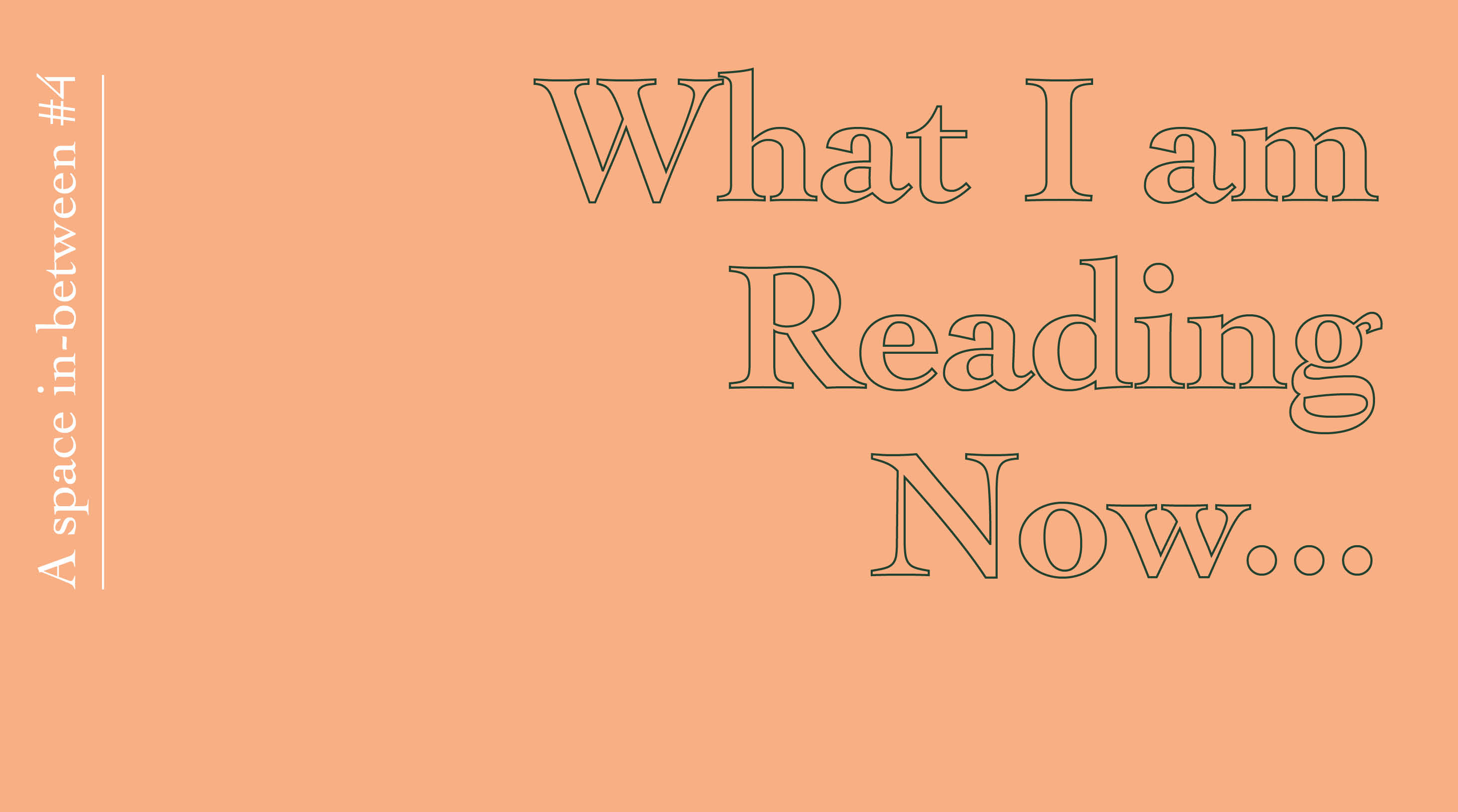What I am Reading Now…
Louis Chude-Sokei
September 2020
In times of political conflict and cultural confusion, one of the first things erased or that disappears is nuance. Even in the face of injustice, the complexity of the moment can be reduced to anthems, slogans and platitudes. We lose the struggle against cliché. This has often been the case with racial politics since race intersects with so many concerns that it seems ever unwieldy—class, sex, gender, power, desire, community, belonging, otherness. But resisting cliché is as crucial as political organizing. Not only is it a form of resistance central to ideological and cultural combat, it is also central to producing relevant art.
This is why literature matters so much in times like these, particularly work by those who fear cliché as much as they fear propaganda (arguably the weaponizing of cliché). Where criticism and theory can be easily ensnared in the slogans and doctrines of cultural and political struggle, literature can provide an anarchic yet necessary space of privacy. Privacy, mind you, not innocence. To read such books is to be implicated, and that is the point.
The five writers on this list may not be the ones most commonly summoned to represent racial ideologies or easy notions of resistance. They are, however, deeply committed to nuance and complexity, to the point of being contrarians in some cases, heretics. But they are all truly great writers, and are more necessary than ever in times when we think we know what side we’re on.
Black nuance matters.
Louis Chude-Sokei is the author of the award-winning scholarly work, The Last “Darky”: Bert Williams, Black-on-Black Minstrelsy, and the African Diaspora (2006) and The Sound of Culture: Diaspora and Black Technopoetics (2016) and the forthcoming, Floating In A Most Peculiar Way: A Memoir (2021). He is also the editor-in-chief of the journal The Black Scholar and founder of the sonic art and archiving project, Echolocution. Chude-Sokei is a Professor of English and the Director of the African American Studies Program at Boston University.
Reading
Kindred, Octavia E. Butler (The Women’s Press, 1988)
Aye and Gomorrah, Samuel R. Delany (Vintage Books, 2003)
Corregidora, Gayl Jones (Virago Modern Classics, 1975)
The Dragon Can’t Dance, Earl Lovelace (Faber & Faber, 1998)
Black No More, George Schuyler (Martino Fine Books, 2015)
Please note the views published in What I am Reading Now… are personal reflections of the contributors.
These may not necessarily represent the views of the University of Dundee.
———
Previous Issue: Dr Francesca Sobande, August 2020
Next Issue: Nazia Khan, October 2020
